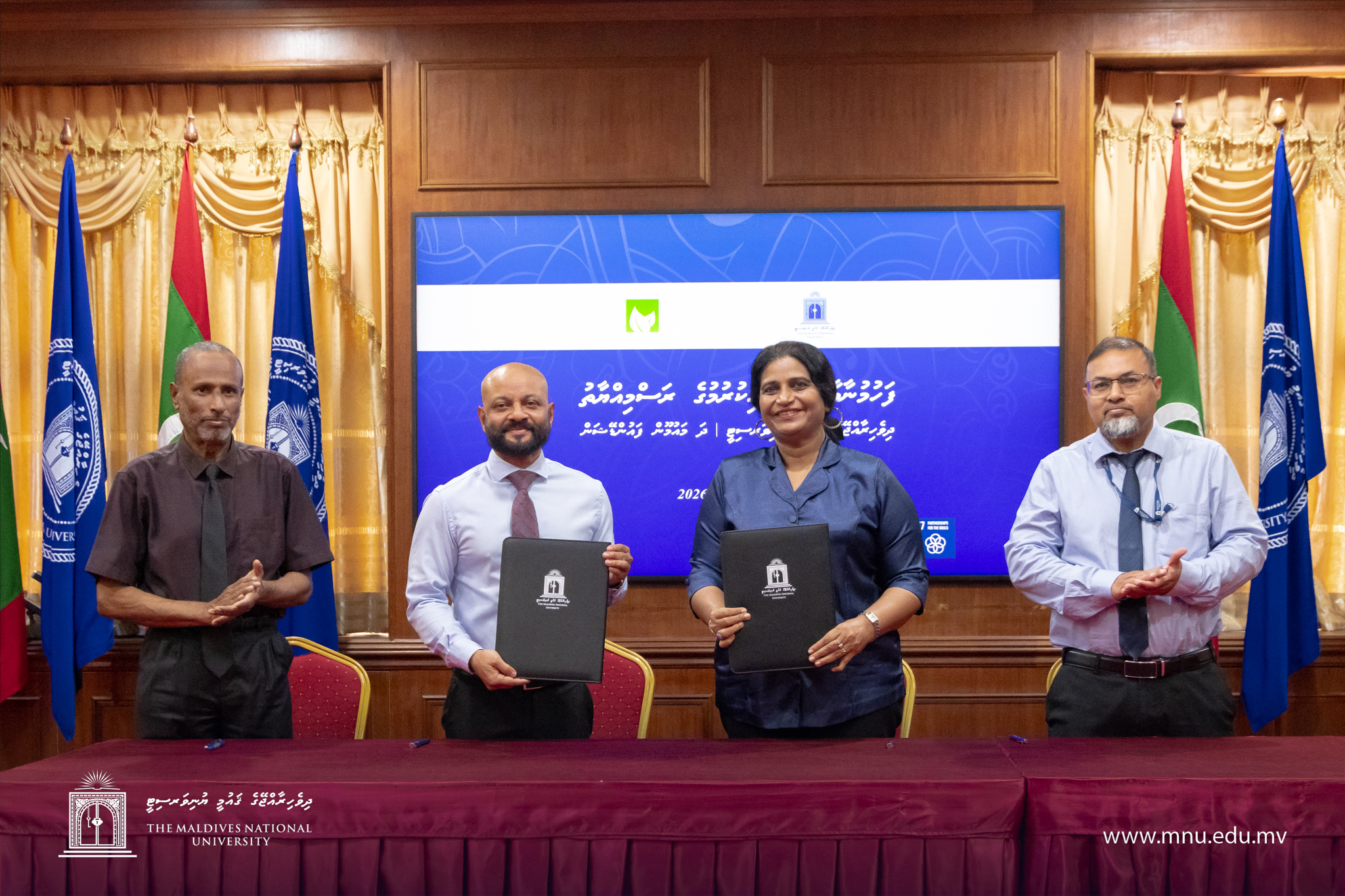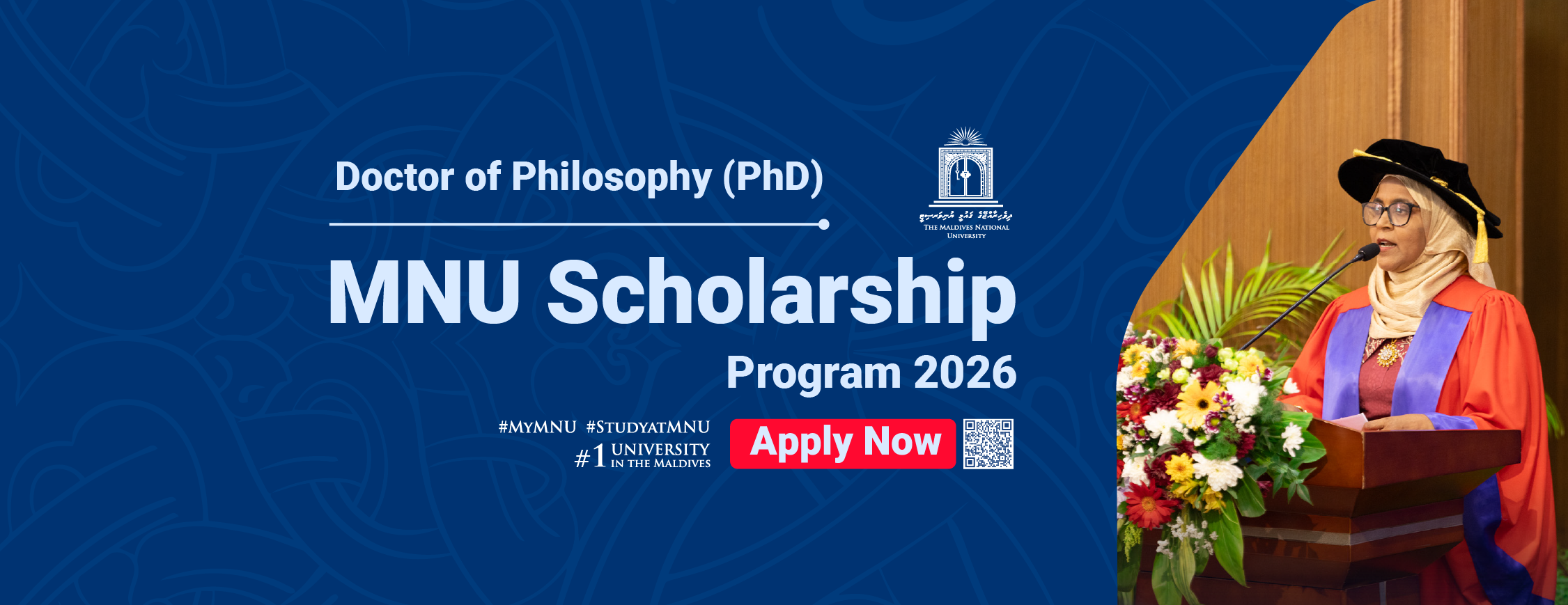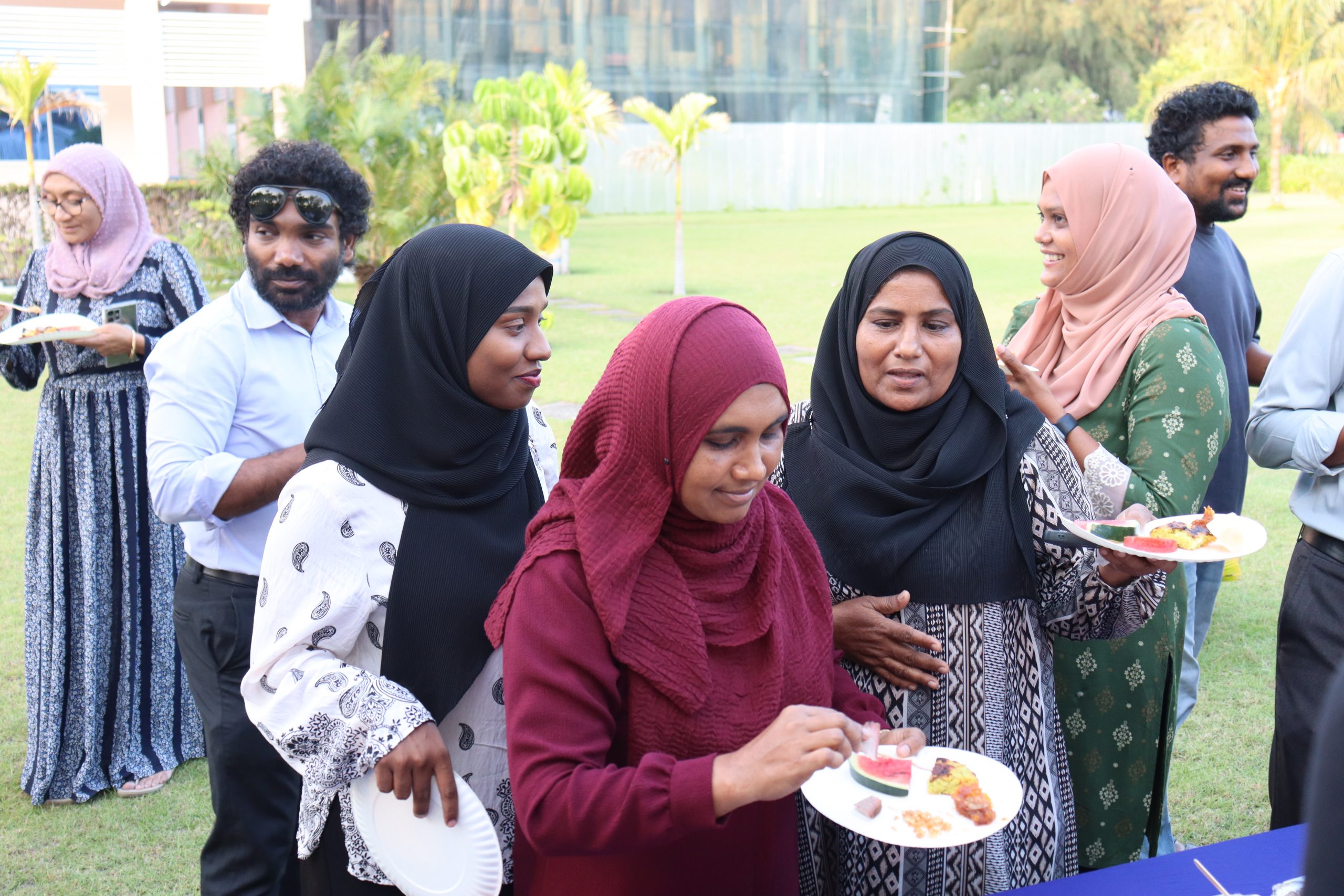Introduction
Defence strategic narratives are powerful instruments in shaping foreign policy, especially for small island states like Maldives. These narratives help articulate national security priorities, define regional alignments, and project sovereign agency in a complex geopolitical environment. For Maldives, the Indian Ocean is not just a geographic reality – it is a strategic lifeline. The country’s security is deeply intertwined with the stability of the region, making defence cooperation with India a central pillar of its foreign policy and security.
The Maldives–India defence cooperation dialogue, held in Malé on 7 October 2025, reaffirms this strategic orientation. Coinciding with the anniversary of Maldives’ President Mohamed Muizzu’s high-level talks with India’s Prime Minister Narendra Modi in 2024, the 2025 dialogue reflects a continuity of purpose and a deepening of bilateral defence ties. This analysis revisits these ongoing defence and security engagements between the two countries.
Strategic Context and Symbolism
The October 2025 defence dialogue is symbolically significant. A year earlier, on the same date, Muizzu and Modi had agreed to elevate bilateral relations under India’s Neighbourhood First policy and Vision SAGAR (Security and Growth for All in the Region). These frameworks emphasise regional cooperation, maritime security, and developmental assistance – i.e., these principles align closely with Maldives’ strategic interests in forming foreign partnerships.
India’s role as a “First Responder” in times of crisis – whether during the 1988 coup attempt, the 2014 Malé water crisis, or the COVID-19 pandemic – has been repeatedly acknowledged by Maldivian leadership. This narrative of reliability and proximity reinforces India’s position as a trusted partner in both emergency response and long-term strategic planning. This creates the intersubjectivity to drive mutual interests between the two countries.
Defence and Security Cooperation: A Multi-Dimensional Partnership
The October 2025 defence dialogue would produce a comprehensive set of arrangements that reflect the evolving nature of Maldives–India strategic cooperation – i.e., military cooperation, capacity building, defence equipment promotion and regional security engagements. These arrangements are not merely transactional – they are embedded in a shared vision for regional stability and mutual development.
Both countries face common threats in the Indian Ocean, including piracy, illegal, unreported, and unregulated (IUU) fishing, drug trafficking, terrorism, and climate-induced maritime risks. For example, Ekuverin, Dosti, Ekatha and Operation Shield have strengthened the Maldives National Defence Force’s (MNDF) capacity. Maldives, with its vast Exclusive Economic Zone (EEZ) – i.e., 98 per cent of its territory is ocean –, is particularly vulnerable to maritime threats. The defence dialogue is integral in acknowledging this vulnerability and reaffirms India’s commitment to support Maldives in addressing both traditional and non-traditional security threats.
To revisit the ongoing arrangements that would reflect the recent dialogue:
- Provisioning of Defence Platforms and Assets: India will supply defence platforms to augment the operational capabilities of MNDF – i.e., India will work with Maldives to share expertise, augment capabilities and undertake joint cooperative measures, as per the needs and requirements of Maldives.
- Surveillance and Monitoring Enhancements: India will provide radar systems and other surveillance equipment to strengthen MNDF’s maritime domain awareness.
- Hydrographic Cooperation: India will continue to support Maldives on the hydrographic survey work, through capacity building and training, as per the requirements of the Maldivian Government. In 2024, Maldivian Government decided not to extend the hydrographic survey agreement with India; however, it rechannelled cooperation in the technical field and exchanges. The 2024 and 2025 high-level visits reaffirmed to collaborate on mutual grounds.
- Disaster Response and Risk Mitigation: During the 2024 and 2025 visits, both governments agreed to develop SOPs and conduct joint exercises to improve interoperability – i.e., these will feed into the ongoing DOSTI trilateral exercises between navies and coast guards of Maldives, India and Sri Lanka.
- Information Sharing Infrastructure: India will support the development of secure information-sharing systems through infrastructure, training and sharing of best practices.
- UTF [Uthuru Thila Falhu] Harbour Project: The ongoing MNDF ‘Ekatha’ harbour project at UTF, supported by India, was highlighted as a key initiative. With somewhat controversial dialogue around the topic, the UTF Harbour Project will portray the significant strategic orientation between the two countries.
- Ministry of Defence Infrastructure: A new Ministry of Defence building in Malé, constructed with Indian assistance, was inaugurated jointly by Muizzu and Modi in 2025.
- Capacity Building and Training: India will increase training slots for MNDF, Maldives Police Service (MPS), and other security agencies.
- Financial Assistance for Defence Infrastructure: India will extend financial support to develop and upgrade MNDF facilities.
Conclusion: Strategic Narratives in Transition
Muizzu’s early tenure was initially marked by the “India Out” campaign, which called for the removal of Indian military personnel. However, the narrative has since evolved. The July 2025 visit of Modi to Malé marked a strategic reset. The October 2025 defence dialogue consolidates this shift, reflecting a pragmatic embrace of India as a strategic partner. The dialogue is a testament to the power of strategic narratives in shaping policy and partnerships. For Maldives, the narrative is one of agency, alignment, and aspiration. For India, the narrative reinforces its role as a net security provider and regional anchor. The convergence of these narratives will continue to define the trajectory of Maldives–India relations.
Author
Dr Athaulla A Rasheed is the Head of Centre at the Centre for Security and Strategic Studies at The Maldives National University. A former foreign service officer and diplomat at the Ministry of Foreign Affairs, Maldives, Athaulla also holds two PhDs in international and strategic studies, and political science from ANU and the University of Queensland, Australia.





